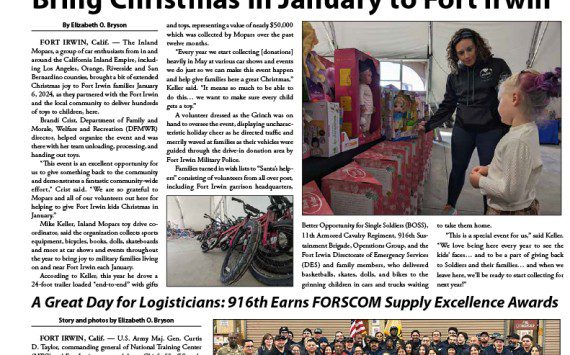Neil Armstrong lived a full, vibrant life. He was a fighter pilot and test pilot, he was a college professor, an author, and even an Arctic explorer. Despite his long list of public accomplishments, when anyone mentions the name “Neil Armstrong” we immediately recall that he was the first human to step foot on the Moon. Everyone can rewind his famous words in their mind and recall his famous words, “That’s one small step…” Walking on the Moon is, of course, an amazing accomplishment yet even terrific achievements can be put in perspective: Neil Armstrong spent just over two hours walking on the lunar surface. When compared to his other exploits, Neil Armstrong’s moonwalks comprise only a small portion of his life. He was much more than the first human to walk on the Moon.
We compress Neil Armstrong’s life into one, single achievement because human beings typically categorize and simplify complex matters. The world is a large, confusing place and if we were to attempt to pay attention to every nuance we would never be able to draw general assumptions about life. It’s easier to generalize and miss a few details than to concentrate on multifaceted variety. Open up one of the folders on your desktop – the documents are not completely related. In fact, they probably only share one or two common elements.
Although our tendency to categorize and generalize streamlines life it can lead to disaster in human relationships. There’s a good chance that you will meet someone new today (the average person meets about 10,000 people in a lifetime). This person might be a customer or someone you meet at the PX; he or she might be visiting Fort Irwin or maybe you’ll meet them while visiting Big Bear. Regardless, we’re only seeing a small snapshot of their life – like Armstrong’s moonwalk we’re witnessing only a small portion of their life. Yet we draw assumptions – we decide in a few moments whether the person is interesting or boring, kind or mean, good or bad. Rather than categorizing a stranger, perhaps it’s better to remain open-minded and assume the best in other people. Most people are doing their best yet we can easily catch someone on a bad day.
Forgiveness is better than judgment.
We read in the Bible that God wants us to support one another and to live together in harmony. This command is given to us because it is difficult, not because it is easy; our nature calls us to categorize and simplify but God wants us to pay attention to one another.
Every January people make a list of New Year’s resolutions – ways that they are going to improve themselves in the year ahead. Let’s consider getting a head start and make some early resolutions as we head into the holidays. Let’s start by treating one another better by paying attention to the details because it is within these things that we realize the beauty that lies within each human being – namely, the image of God.











